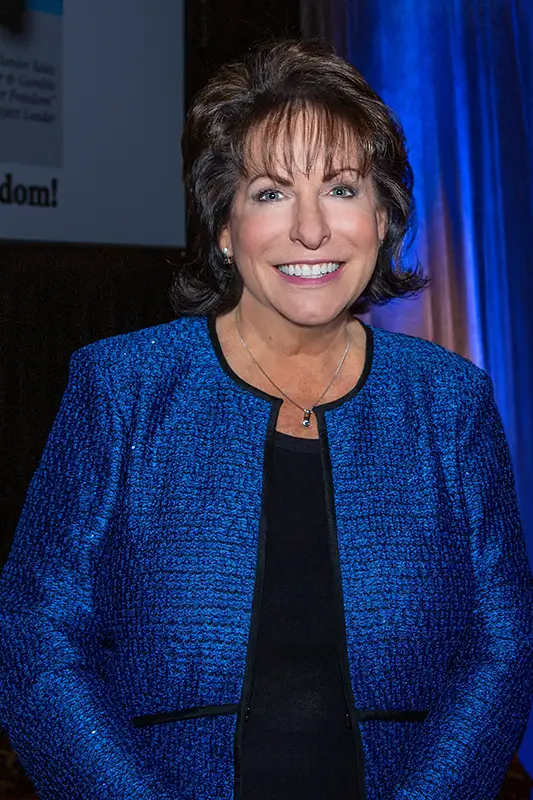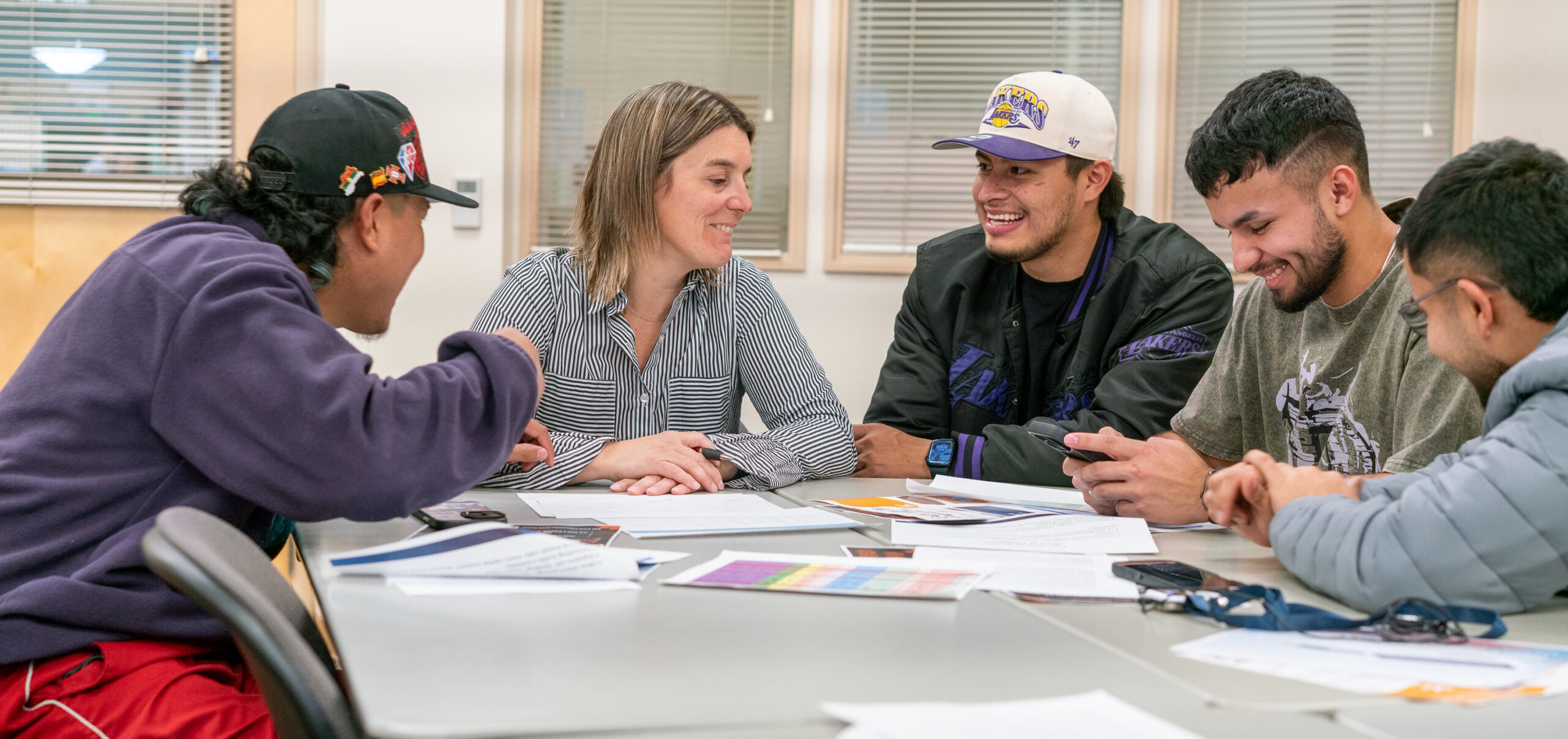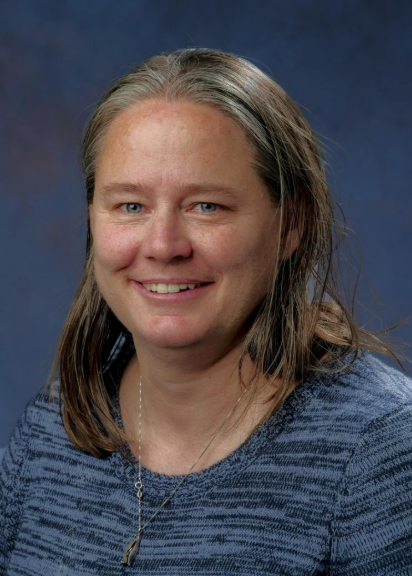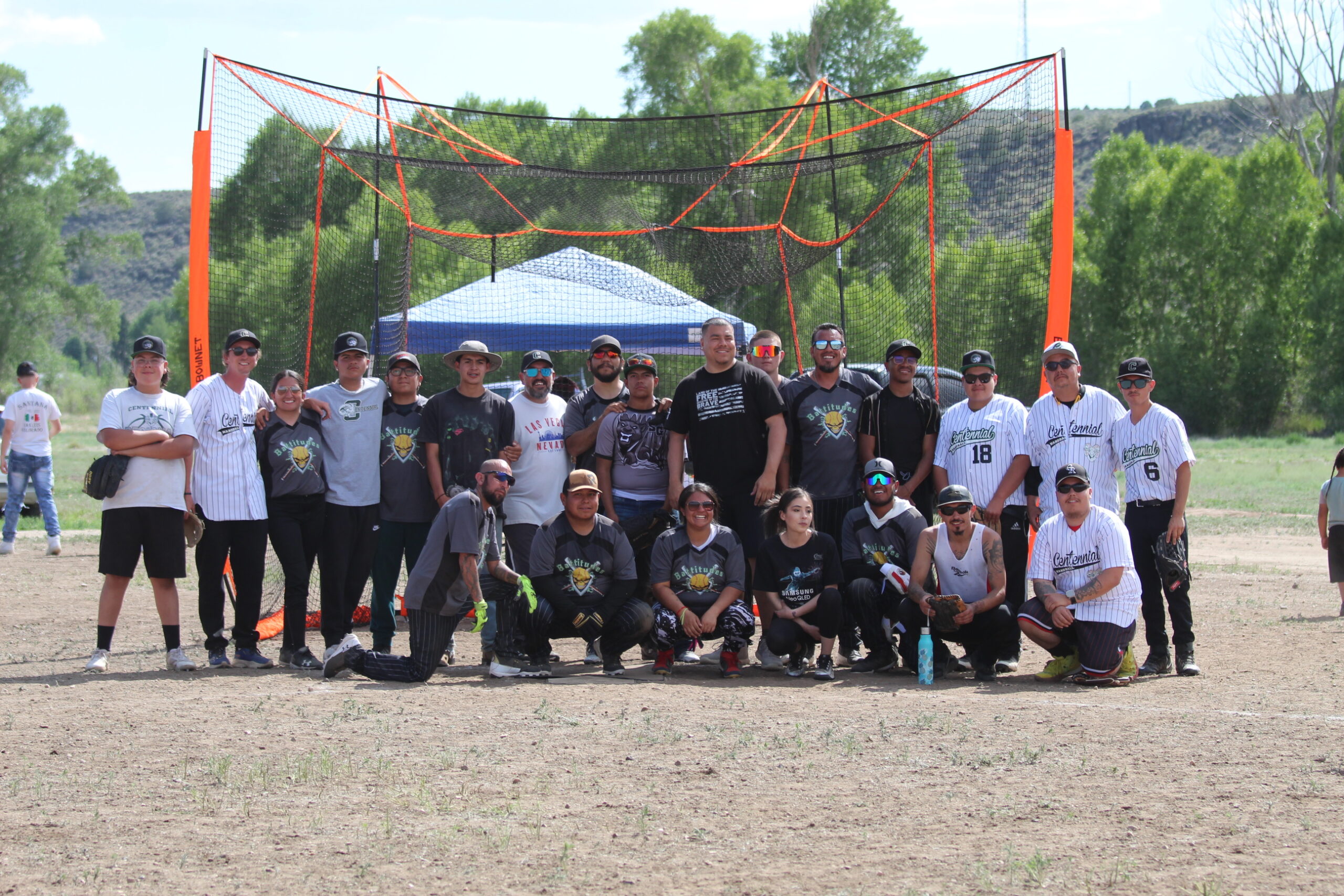Shari Williams
President
Leadership Program of the Rockies
How have your years working in public policy, strategic planning, consulting, and local and national campaigns shaped your approach to leading the Leadership Program of the Rockies?
Decades of involvement in public policy, and election campaigns, convinced me that electing good people to office is not enough. They rely on, are influenced by, and become a reflection of, the people they represent and the culture they live in. Thus, if we want to change the culture to one that embraces freedom over force, we actually need better citizens. Citizens own the government, not the other way around, so the only way to ensure government plays its proper role, focused on protecting the people’s individual rights, is for active, engaged citizens to be informed and involved enough to hold their officials accountable.
Who is a fit for the Leadership Program of the Rockies?
The problem of American culture is not a partisan one, but a divide that is at the heart of America’s future. Active citizens can ensure a free future only if they are informed and prepared. We look for people who already demonstrate leadership in their communities, and who are open to understanding the founders’ vision, and the role of capitalism in a free society. They must know that free enterprise – the system that created the Boettcher Foundation – is essential to economic success. No one can give away that which they did not produce, so our classes understand that doing good works first requires freedom and the right to pursue happiness.
A big focus of your organization and program emphasizes principle-centered leadership. How have you seen principle-centered leadership practiced or implemented among your program Alumni who work in different sectors and industries?
LPR’s 1800 graduates are now in leadership positions in every part of the state, and in several other states – in politics, business, health care, education, and the media. They are changing the discussions in their families, neighborhoods, businesses, and communities, because they have learned to apply founding principles to current everyday issues, and they know how to persuade others. Leaders should think in principles, not policy details, and our graduates not only do that, but they convince others to look at issues through a lens of liberty.
Diversity and inclusion are values that have been at the forefront of American discourse over the past several years. One important dimension of diversity that’s often overlooked or forgotten is diversity of perspective. Why do you feel diversity of perspective is so important for organizations and leadership?
This is a vital component of LPR’s success. Throughout American pop culture, there is a misplaced emphasis on diversity of characteristics people cannot change (race, gender, national origin). We emphasize diversity of areas people can choose, such as their opinions and philosophies, and we honor their choices. This is the most important diversity of all, because we value individuality, not conformity. It is an uphill struggle these days, because society wants to force conformity of thought, which Americans should never agree to. LPR graduates are prepared, and skilled, to push back and to insist on the value of individual freedom of thought.
One of LPR’s important recruitment strategies emphasizes that the program doesn’t teach participants “how” to be a leader but “why” to be a leader. How does that phrase resonate for you personally when you think about your “why?”
We reject the premise that “how” and “why” are mutually exclusive. We teach that America is not merely a geographic place, but an idea – the idea that ordinary people can govern themselves, and that they are all equal under the law. Leadership based on that ideal is central, so our graduates understand that it is the government’s job to protect that ideal for future generations, not to solve all the people’s problems. This is a crucial concept, which leaders must fully understand in order to properly manage their country. People, families, communities, associations, and foundations can come together to solve their own problems. They need government to guarantee their free ability to do so
How has your definition of leadership shifted – or not changed – since you began leading Leadership Program of the Rockies?
Initially we were focused on leaders, especially elected officials, but over the years came to realize that they are merely reflections of the culture. True leadership lies in the ability to boil complex issues down to basic principles, living one’s life accordingly, and continuously reminding others in the most persuasive and effective way. Every citizen can be that kind of leader, each with their own sphere of influence – however large or small. That’s what ultimately changes the culture, and thereby changes the leadership and future of the country.
Where do you draw your inspiration?
I am inspired by so many individuals I meet who have found their own ways to improve their communities, families, and businesses. They are people who carve their own path, and pursue their own happiness. The Declaration of Independence not only inspires nations around the world, it also continues to inspire individuals to improve their country, each in their own way. Nobody else can create happiness in a person’s life, but every individual must figure that out for themselves. There is no end to the inspiration that can be drawn from people who figure that out, and then use that understanding to better their world.




